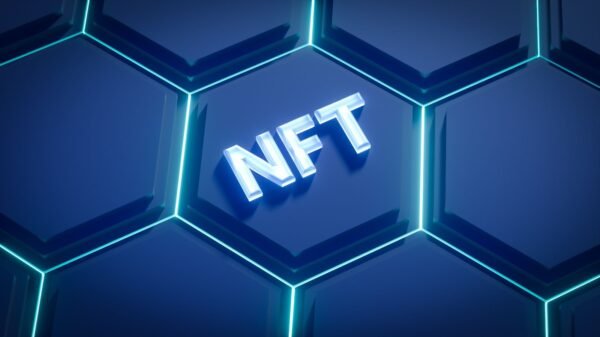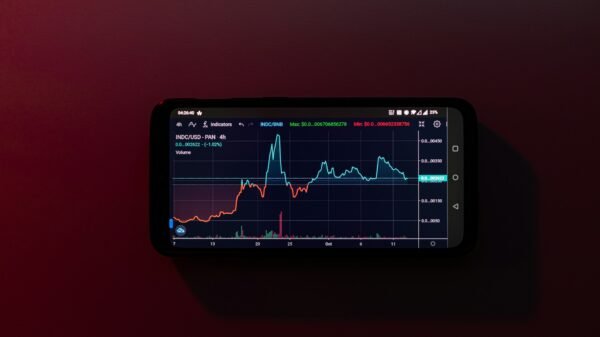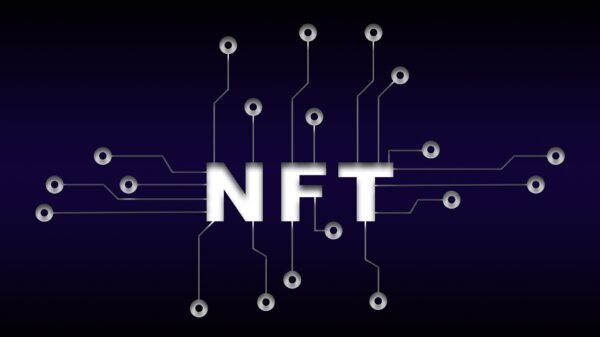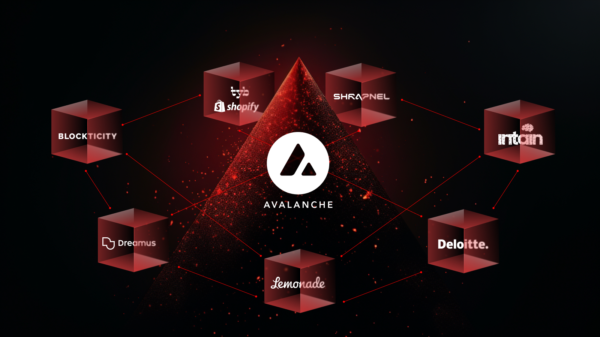Table of Contents
- Understanding the Need for Robust Cybersecurity
- What is a Next-Generation Firewall (NGFW)?
- Key Benefits of NGFWs
- Challenges in Cybersecurity and How NGFWs Address Them
- Why Businesses Must Prioritize NGFW Implementation
- Industry Trends and Future of NGFWs
- Conclusion
Understanding the Need for Robust Cybersecurity
In the modern NGFW era of technology, businesses of every size are always worried about external cyber threats. Cyber-attacks can lead to severe financial losses and damage to an organization’s reputation. This is where a next-generation firewall (NGFW) comes into play, providing advanced protection through comprehensive security mechanisms. The significance of cybersecurity cannot be emphasized enough, mainly as businesses increasingly depend on digital infrastructure. Ensuring the security of this infrastructure is essential for upholding operational reliability and stakeholder confidence.
An NGFW includes additional features compared to standard firewalls, making it essential to protect against cyber threats. Businesses can significantly improve their cybersecurity stance by incorporating NGFWs. These advanced firewalls do more than filter traffic; they also conduct deep packet inspection to detect possible threats. NGFWs excel at stopping advanced attacks that conventional firewalls could overlook.
What is a Next-Generation Firewall (NGFW)?
An NGFW is an advanced firewall that provides capabilities beyond traditional firewalls. Unlike standard firewalls, NGFWs integrate features like intrusion prevention, deep packet inspection, and application awareness, making them more effective at preventing sophisticated cyber threats. These capabilities allow NGFWs to offer more nuanced protection, understanding the source and destination of traffic and the context and intent of the data packets being transmitted.
Conventional firewalls create a wall between internal networks and outside dangers, using preset rules to allow or prevent traffic. However, NGFWs take this further by incorporating advanced features such as threat intelligence and behavioral analytics. This comprehensive approach makes NGFWs particularly effective in identifying and mitigating complex, constantly evolving cyber threats.
Key Benefits of NGFWs
- Enhanced Security: NGFWs offer superior protection with real-time threat analysis and prevention against advanced threats. They can detect and neutralize threats before they reach the network, providing an added layer of security.
- Application Awareness: These firewalls can monitor and control the applications running in your network, thus reducing the risk of application-layer attacks. By understanding the nature of the applications, NGFWs can effectively block malicious activities that exploit application vulnerabilities.
- Comprehensive Threat Intelligence: Utilizing worldwide threat intelligence allows NGFWs to offer proactive defense mechanisms. This guarantees that your network is safeguarded against the most recent threats, as the firewall consistently updates itself with data from threat intelligence feeds.
Challenges in Cybersecurity and How NGFWs Address Them
Organizations face numerous challenges in maintaining optimal cybersecurity. From phishing attacks to sophisticated malware, the landscape is fraught with risks. NGFWs help mitigate these risks by offering built-in protections against various threats. For instance, NGFWs can detect and block malicious traffic effectively, reducing the chances of successful cyber-attacks. This proactive approach helps identify potential threats before they cause significant damage, ensuring critical assets’ safety and security.
Let’s delve into two major types of threats that NGFWs are particularly good at countering:
- Phishing Attempts: Phishing ranks as one of the most frequently encountered cybersecurity threats. Hackers employ phishing emails to deceive individuals into disclosing sensitive information. NGFWs assist in recognizing questionable emails and links, shielding users from being victims of such attacks. NGFWs can detect possible phishing attempts by examining the content and context of emails, stopping users from interacting with harmful material.
- Malware and Ransomware: Sophisticated malware and ransomware assaults have the potential to undermine organizations. After infiltrating a network, malware can quickly spread and cause significant harm. NGFWs provide immediate protection against malware by scanning and blocking malicious content in data packets before it enters the network. This immediate analysis in real time ensures that dangers are immediately eliminated, avoiding any possible damage to the network.
Why Businesses Must Prioritize NGFW Implementation
Cyber threats are evolving rapidly, and traditional firewalls are no longer sufficient. Businesses must prioritize adopting NGFWs to stay ahead in the game. By doing so, they bolster their security posture and ensure critical assets remain protected against external threats. The investment in NGFWs is justified by the potential costs of a security breach, both financially and in terms of brand reputation.
Furthermore, NGFWs offer scalable solutions that can grow with the organization, providing long-term value and enhanced security. NGFWs are designed to adapt to the changing threat landscape, allowing businesses to stay protected against the latest cyber threats. As such, companies that delay implementing NGFWs risk falling behind in an increasingly threat-laden landscape.
Industry Trends and Future of NGFWs
The cybersecurity environment is constantly changing, and NGFWs are no exception. Future trends suggest that NGFWs will increasingly incorporate automated threat detection and response systems, leveraging AI to enhance security measures further. NGFWs powered by artificial intelligence will analyze vast amounts of data in real time, promptly detecting and addressing threats with increased efficiency. Forecasts indicate that NGFWs will advance to incorporate more robust artificial intelligence and machine learning features, enhancing their ability to detect and eliminate threats instantly. Furthermore, with the increasing prevalence of IoT devices, NGFWs will be crucial in protecting these more extensive networks. The outlook for NGFWs appears positive, as ongoing advancements focus on delivering high-quality cybersecurity solutions.
Conclusion
NGFWs offer a critical layer of protection against external cyber threats. By incorporating features like application awareness and global threat intelligence, these firewalls provide a robust defense mechanism for any organization. With cyber threats constantly changing, implementing NGFWs is not just recommended; it is necessary to protect the integrity and security of your digital network.
Put resources into a modern firewall to ensure your company is ready for the future. NGFWs’ improved security, application awareness, and threat intelligence are essential in combatting cyber threats.







































































Pingback: Everything You Need to Know About the Samsung Galaxy S25 Ultra 2024